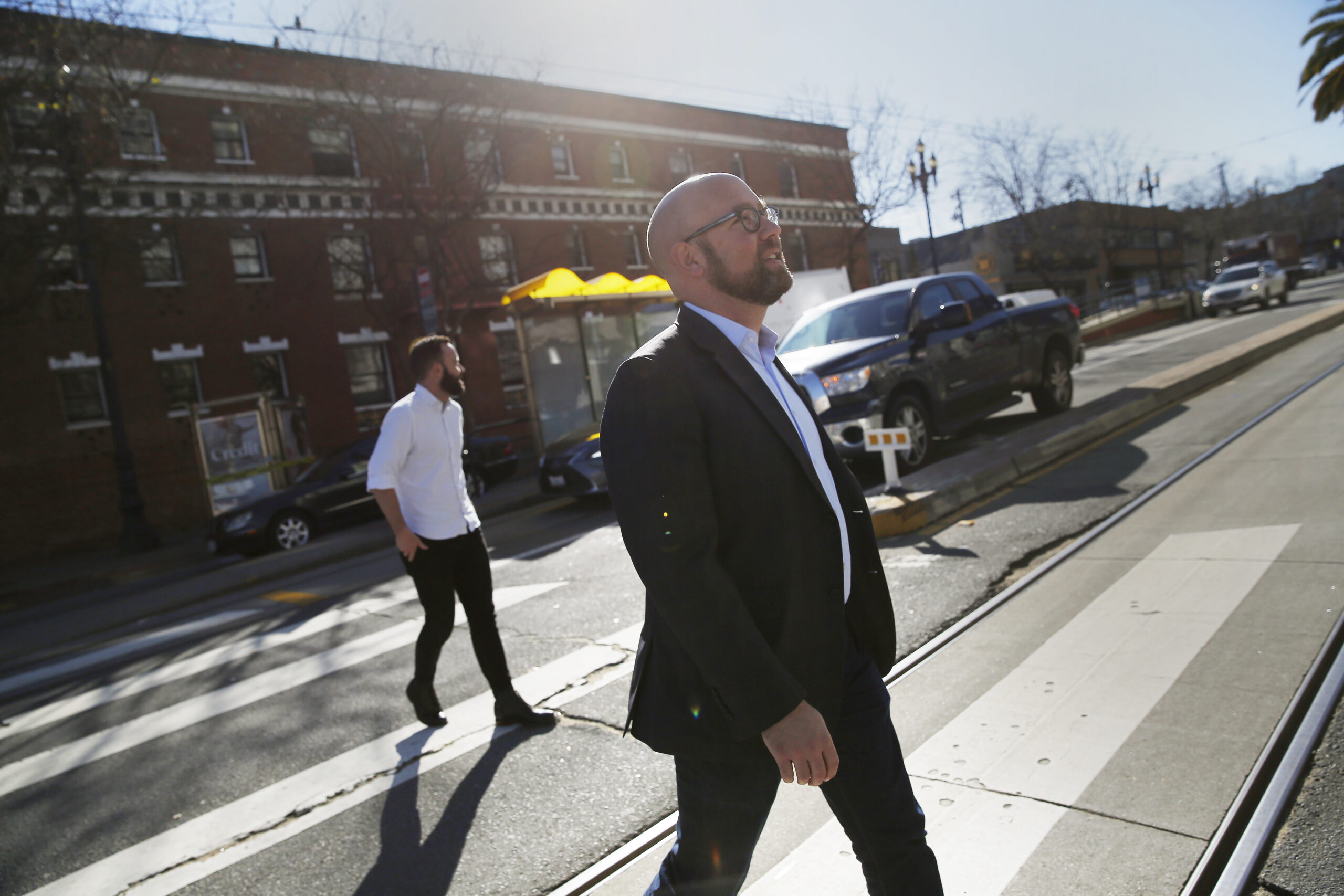The city’s fight over fourplexes is finally over, but amendments piled on an original bill mean it won’t have nearly the impact that its creator intended.
“It’s a consensus,” Supervisor Rafael Mandelman, who authored the legislation, told The Standard. “I’m just not thrilled with where the consensus is, but it’s as good as we’re going to get through the board, apparently.”
On Tuesday, the Board of Supervisors passed Mandelman’s fourplex legislation, which had originally sought to legalize fouplexes citywide, in a 6-4 vote. Board President Shamann Walton and Supervisors Ahsha Safaí, Catherine Stefani and Matt Dorsey voted against the bill.
Mandelman’s initial version came in response to Senate Bill 9, state legislation that effectively ended single-family zoning in California by allowing two units on every lot. In his original version of the bill, Mandelman aimed to expand on SB 9 and allow four units on every lot in San Francisco and six on corner lots.
But during its journey through the Land Use and Transportation Committee, the legislation was weighed down by amendments that limit who can use the law to build new units. The most significant amendment, proposed by Supervisor Dean Preston, requires landlords to have inherited or owned the building for five years prior to developing it, effectively cutting developers who seek to buy homes to convert to multi-unit housing out of the equation.
“I think it’s an attempt to thwart our state bill,” said Safaí on Tuesday. “This legislation at the end of the day will make it more difficult to build housing in our city.”
Mandelman worries this bodes poorly for the board’s appetite for action on addressing the city’s housing crisis, and the city’s ability to craft a state-mandated housing plan that makes room for 82,000 units by 2031 that it must submit to the state by early next year.
“We’re not going to build tens of thousands of units if we’re relying on individual property owners to do that,” Mandelman said.
The state’s housing department won’t comment on the current version of the city’s Housing Element Update—the state-mandated housing plan the city is required to craft once every eight years—while it’s still under review. But San Francisco’s struggles to approve housing have caught the eye of state regulators.
The California Department of Housing and Community Development recently sent two letters voicing concern about the Board of Supervisors’ rejection of proposed housing projects at 469 Stevenson and 450 O’Farrell Streets last year. Those cases—and a larger investigation into the city’s approvals practices—remain open, a new report from the San Francisco Business Times found.
According to the state, it takes longer for San Francisco than any other county in California to entitle and then permit a project, at 450 days versus 524 days on average. And the city’s housing pipeline looks to be slowing, according to a recent report from the city’s planning department.
“San Francisco needs to reform fundamentally how it approves housing and put an end to the endless hearings and appeals,” state Sen. Scott Wiener, who is critical of the amendments to Mandelman’s bill, told The Standard. “The city needs to produce a housing element that is real and is likely to result in housing.”
